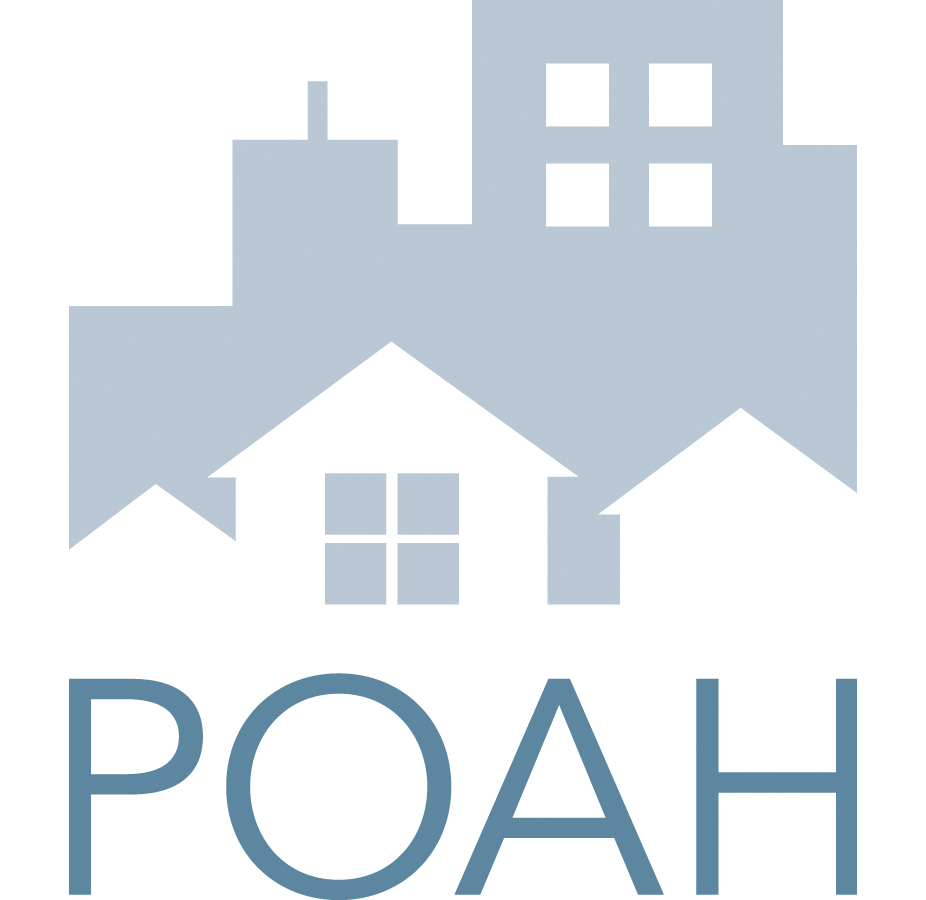By Mark Fogarty, Tax Credit Advisor
A new certification not only indicates that an affordable housing owner/manager has a coordinated and robust resident services operation but also that it can help them qualify for an up to 30 basis point discount on a multifamily affordable housing loan from Fannie Mae.
The Certified Organization for Resident Engagement & Services (CORES) certification, run by the Washington, DC-based Stewards of Affordable Housing for the Future collaborative of developers, was designed in part to facilitate good health outcomes for residents, according to Eileen Fitzgerald, executive director of Stewards of Affordable Housing.
Six groups have earned the new designation, which was begun last year, with another eight in the pipeline, according to Alexandra Nassau-Brownstone, CORES project director. She is expecting many more this year.
“It had two geneses,” said Fitzgerald about CORES. SAHF had funding from the MacArthur Foundation to do a “community of practice” around enhanced resident services and coordination. “As part of that we developed a framework, which described what an organization does to have a good quality resident services program, especially from a coordination perspective.”
Around the same time, “We happened to have conversations with Fannie Mae about health and housing about their interest in active design of resident services and how that could support good health outcomes in properties. In those conversations, SAHF shared with Fannie Mae how important it thought resident services coordination is.”
Resident services “coordination” refers to all functions tied to the organizational mission to implement resident services in affordable housing rental properties, including corporate and site-based staff, funding, technology systems, services and programs, research and evaluation, organizational knowledge, and the tools necessary to represent resident services, according to CORES.
“We think of health broadly,” says Fitzgerald. “It’s not just, have residents’ blood pressures gone down or have they lost weight. But also, are they under financial stress? Are their kids able to go to school? We talked about a whole range of things which the social determinants of health will tell us impact health outcomes.”
What emerged from the discussions was that Fannie Mae asked SAHF to develop a certification around resident services coordination.
“That’s what CORES is,” says Fitzgerald. “They (Fannie Mae) are using it for their Heathy Rewards loan product.” But the designation isn’t just to qualify for the discount on a Fannie Healthy Rewards loan. “It’s basically certification for organizations that they have a demonstrated experience in doing resident services coordination.”
She continues, “That (the certification) will give you up to a 30 basis point discount to your interest rate. In addition, Fannie Mae will pay for the certification, as long as you’re a Fannie Mae-eligible borrower. You don’t have to commit to using the (Healthy Rewards) product to get the certification paid for.
“We also have a third-party certification for third-party resident services providers. Sometimes they are property managers that have a resident services function. Sometimes they’re a standalone. Any affordable housing developer/owner who wanted to use Fannie Mae’s Healthy Rewards product could contract with that thirdparty provider. Not all developer/owners have the capacity.”
Wide Swath of Services
CORES “is rooted in best practices,” says Nassau- Brownstone. And that’s not just rooted in health outcomes but in other areas as well. “There have been some really innovative partnerships developed with organizations doing tax preparation,” she says.
According to Fannie Mae, “Borrowers who incorporate a system of resident services for their tenants—such as health and wellness services, work and financial capability support, and child education and academic support—may be eligible for below market-rate pricing.
“Property owners must become (or partner with) a CORES certified sponsor, and obtain Enhanced Resident Services (ERS) certification for their property. To qualify, properties must include at least 60 percent of units serving tenants who are at or below 60 percent of the area median income.”
CORE User Perspective
Boston-based owner/manager Preservation of Affordable Housing got its CORES certification last year, said Julianna Stuart, director of community impact at the nonprofit. It has yet to do a Healthy Rewards loan with Fannie Mae but is interested in the program.
“We don’t have one of those projects in the pipeline but we felt CORES certification opened up that opportunity to us and we wanted to apply so we were in a position to access that,” she says.
“There was an online application process that asked us to share our approach to resident services coordination from the systems perspective – our philosophy and approach, and then provide detail and examples of how we assess community needs and how we measure impact.”
POAH manages more than 10,000 apartments in more than 100 developments in eleven states. “Our approach to resident services is an important part of our mission as a nonprofit owner and operator of housing,” says Stuart. “We really believe affordable housing can be a platform for opportunities for residents, can have a positive impact on the property and downstream, it can have positive consequences for society at large,” she says.
“We invest in our residents through what we call community impact, our brand of resident services. We expand that work across our portfolio to hire dedicated staff at both the central office and site levels and invest in promising programs, like the Family Self Sufficiency program, the Family Independence initiative and a college savings account program. We do take a systems approach and the CORES certification makes a lot of sense to us because it aligns with how we think about our work.”
Continue reading in Tax Credit Advisor's February 2019 issue.

